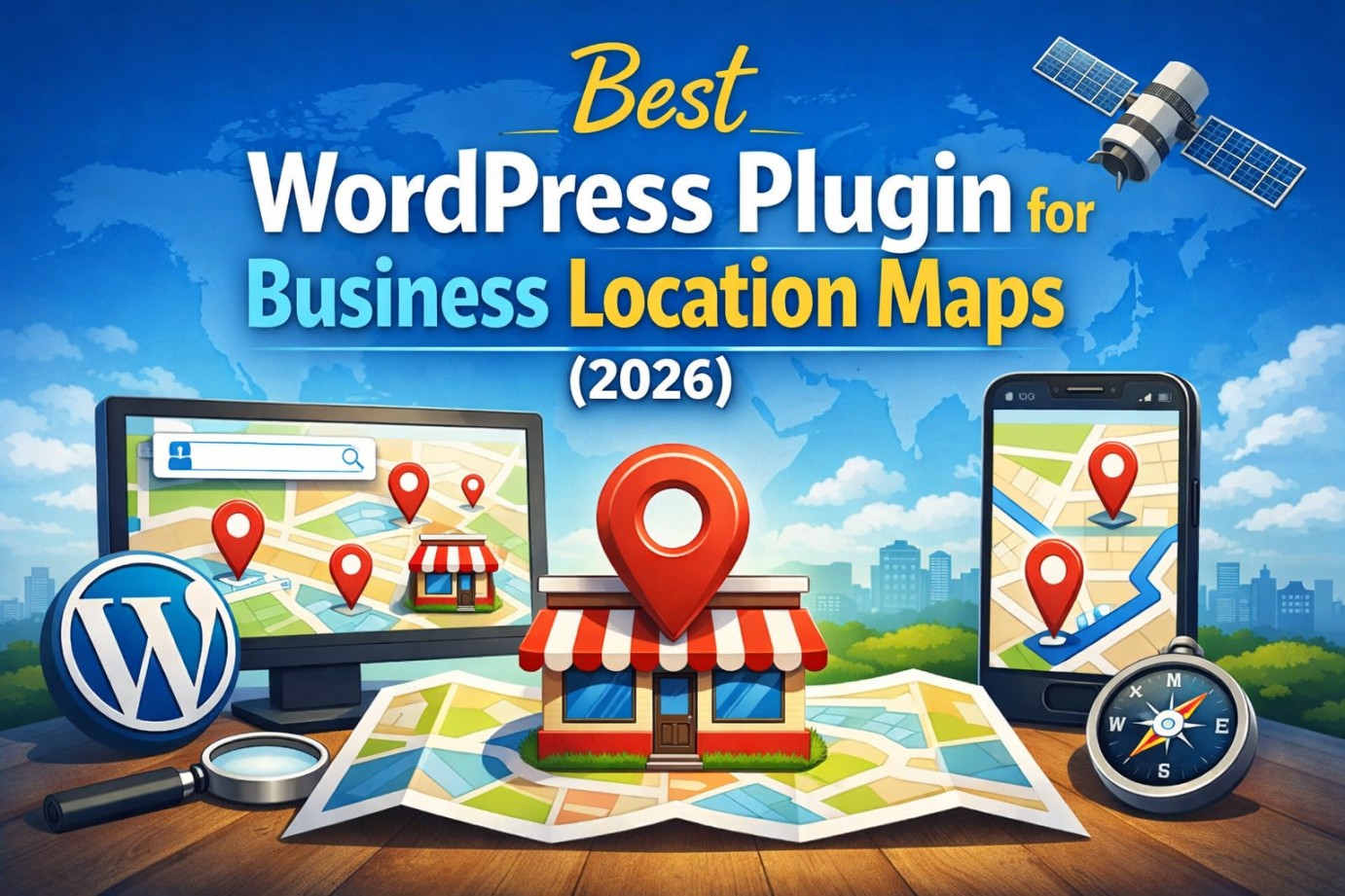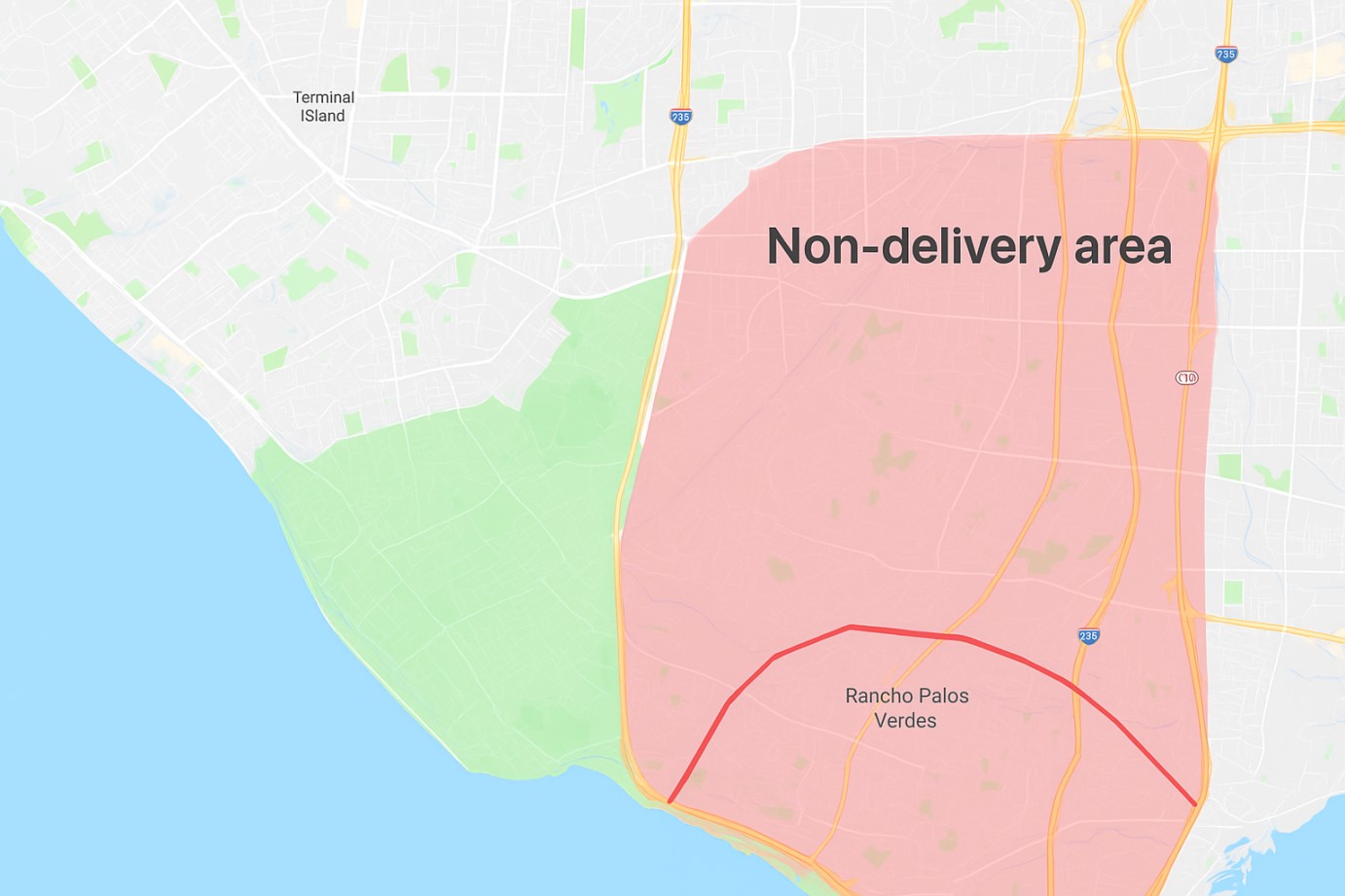This website uses cookies so that we can provide you with the best user experience possible. Cookie information is stored in your browser and performs functions such as recognising you when you return to our website and helping our team to understand which sections of the website you find most interesting and useful.
load-plugin_page action
If you’re looking to dive into the world of WordPress hooks, you’ve come to the right place. Today, let’s chat about the load-plugin_page action. It’s a pretty cool hook that fires in various contexts, specifically for plugin screens where the file to load is directly included, rather than using a function.
To use the load-plugin_page action, the first thing you need to do is register it using add_action. You can drop this code into the functions.php file of your active theme or, better yet, in a custom WordPress Plugin.
At WePlugins, we always recommend creating a custom WordPress Plugin when dealing with hooks. This way, you won’t risk breaking anything when you update your WordPress theme in the future.
In the examples below, we define a function named weplugins_execute_on_load_plugin_page_event and register it using add_action. The first parameter load-plugin_page is the hook’s name, the second parameter weplugins_execute_on_load_plugin_page_event is the function that will be called, the third parameter sets the priority if you’re using the same hook multiple times, and the last parameter is the number of arguments (if any) to pass to the registered function.
Sometimes, you might need to remove a registered hook, and you can do that using remove_action to remove the load-plugin_page action.
Parameters
- No parameters
Live Example
do_action("load-{$plugin_page}")
Below are some examples of how you can use this hook.
Example 1: Basic Hook Implementation
This example demonstrates a basic implementation of the load-plugin_page action.
function weplugins_execute_on_load_plugin_page_event() {
// Code to be executed when this action occurs
}
// add the action
add_action("load-plugin_page", "weplugins_execute_on_load_plugin_page_event");
Example 2: Adding Custom Functionality
This example adds custom functionality to the plugin page load event.
function weplugins_custom_functionality_on_load_plugin_page() {
// Custom functionality code
if (current_user_can('manage_options')) {
// Do something specific for administrators
}
}
// add the action
add_action("load-plugin_page", "weplugins_custom_functionality_on_load_plugin_page");
Example 3: Removing a Hook
To remove a hook callback, use the example below.
function weplugins_remove_hook_example() {
remove_action("load-plugin_page", "weplugins_execute_on_load_plugin_page_event");
}
// Call the function to remove the hook
weplugins_remove_hook_example();
Please make sure to provide the same callback function name, priority, and number of arguments while removing the hook callback.
Contact Us
If you need any customization or have any questions, feel free to Contact Us.
Explore the latest in WordPress
Trying to stay on top of it all? Get the best tools, resources and inspiration sent to your inbox every Wednesday.




